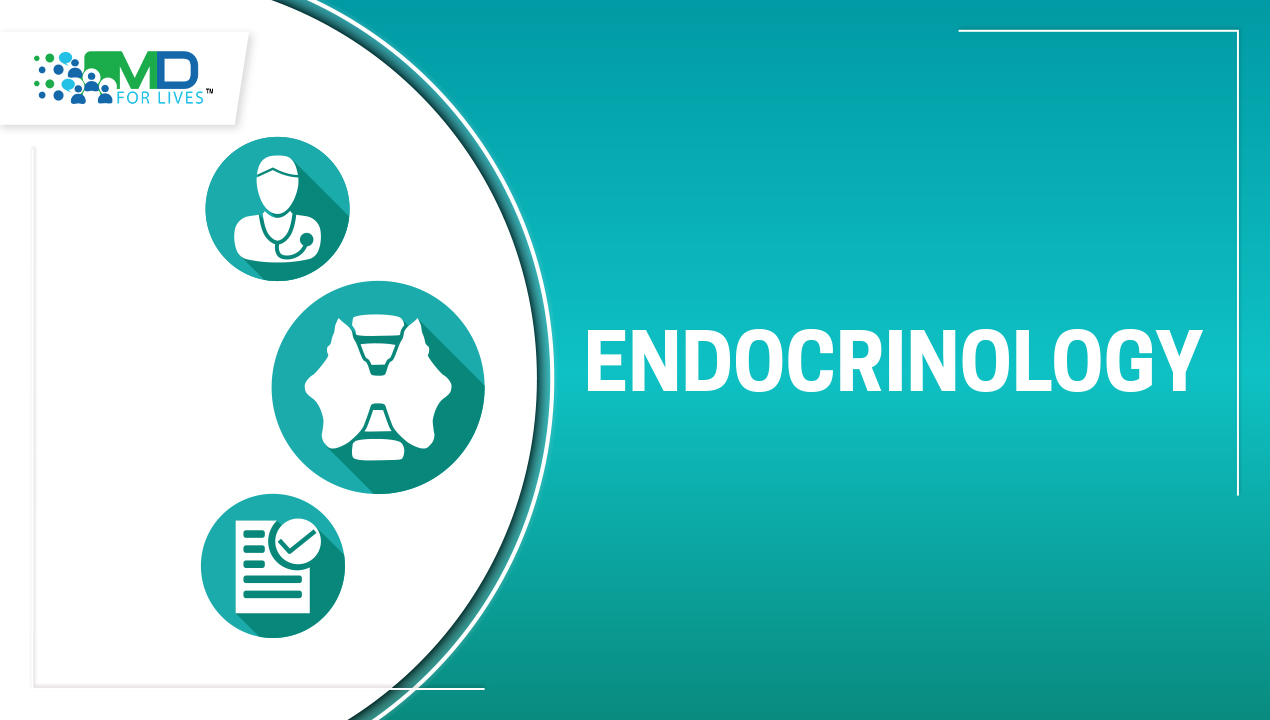Have you ever felt like managing your thyroid health is a constant uphill battle? You’re not alone. Globally, thyroid disease affects a staggering 200 million people, including an estimated 20 million in the U.S. Alarmingly, up to 60% of those living with thyroid conditions remain unaware of their diagnosis, silently battling symptoms that could be addressed with the right knowledge and care. But here’s the good news: you hold more influence over your thyroid than you might realize.
Whether you’re newly diagnosed or have spent years managing conditions like hypothyroidism, hyperthyroidism, or other thyroid problems, 2025 could mark a transformative chapter in your health journey. This is your year to turn awareness into action, knowledge into power, and goals into results. It all begins with understanding your thyroid – the small but mighty gland that plays a crucial role in your body’s energy, metabolism, and hormonal balance. From there, it’s about identifying how your lifestyle choices directly impact its function.
Are you ready to take charge of your thyroid health like never before? Read this blog to uncover practical strategies, expert-backed insights, and actionable steps to make 2025 your year of thriving thyroid health.
FIRST THINGS FIRST, WHAT IS THYROID DISEASE?
The thyroid, a butterfly-shaped gland in your neck, may seem tiny, but it has a big job to do! It produces hormones that help control your energy levels, metabolism, heart rate, and mood. When the thyroid doesn’t work as it should, it can cause problems known as thyroid diseases.

Here’s a quick breakdown:
- Hypothyroidism (Slow Thyroid): This is when your thyroid doesn’t make enough hormones. You might feel tired, gain weight, feel cold, or notice dry skin and hair. Think of it as your body running on low power.
- Hyperthyroidism (Fast Thyroid): This occurs when your thyroid makes too much hormone. You might feel nervous, lose weight, sweat a lot, or struggle to sleep.
Other thyroid issues include lumps (nodules), an enlarged thyroid (goiter), and thyroid cancer. While these problems can sound serious, most thyroid problems can be managed with the right treatment. Recognizing thyroid disease symptoms early is the first step to taking control of your thyroid health.
3 LEADING CAUSES OF THYROID DISEASE
Now that you are aware of what thyroid disease is and its variants, we won’t further bore you with teaching biology. After all, you must have already heard it all from your endocrinologist! Instead, we will help you focus on the bigger picture – what causes thyroid problems and, more importantly, how you can take charge to prevent or manage them as you embark on your journey to a #ThrivingThyroid2025!
Below, we have listed the 3 leading causes of thyroid disease. Take a look!
Thyroid Cause No. 1: Chronic Stress
You know what? In today’s era, stress has become the culprit behind everything. From hair fall to heart attacks, it’s the root cause of countless health issues. And guess what? It’s no different when it comes to thyroid problems. Chronic stress wreaks havoc on your body by elevating cortisol levels, which can directly interfere with your thyroid gland’s ability to produce and regulate hormones.
But that’s not all! Stress often leads to unhealthy habits like skipping nutrient-rich meals, indulging in junk food, or sacrificing sleep, all of which further strain your thyroid. Over time, this combination of elevated cortisol and poor lifestyle choices creates a perfect storm for thyroid dysfunction, making it harder for your body to maintain balance.
So, if you’re serious about improving your thyroid health, managing stress is a necessity!
Thyroid Cause No.2: Unhealthy Lifestyle
Whether it’s eating junk food, sitting stagnant at your office desk, staying up late, or endlessly scrolling through your phone, all these habits fall under the umbrella of an unhealthy lifestyle. Plus, they can seriously trigger thyroid problems.
Poor dietary choices, like skipping nutrient-rich meals or overindulging in processed foods, deprive your thyroid of essential nutrients like iodine, selenium, and zinc. Couple that with a sedentary routine, and your metabolism takes a hit, slowing down the body’s ability to maintain a healthy balance. Add irregular sleep patterns into the mix, and you’re looking at disrupted hormone regulation, which only puts more strain on your thyroid. Even the seemingly harmless habit of late-night scrolling can lead to stress and poor sleep, further compounding the problem.
Therefore, you need to break out of this vicious cycle to overcome or at least keep thyroid disease under control.
Thyroid Cause No.3: Environmental Factors
The environment around us plays a significant role in our thyroid health. Certain chemicals, like BPA, found in plastics, pesticides, and even flame retardants, are known as endocrine disruptors. These can mess with your body’s hormones, throwing off the balance your thyroid needs to do its job. And, of course, let’s not forget about heavy metals! Things like mercury, lead, and cadmium are found in polluted air or water that can harm your thyroid. Radiation exposure from either medical treatments or environmental sources also poses a threat.
See, we understand that you won’t be able to change your environment. But trust us, by being mindful of the chemicals and toxins you come in contact with, you can protect your thyroid health.
5 WAYS TO CONTROL YOUR THYROID PROBLEM
Search engines are flooded with one question – “How can I control my thyroid normally?” Well, this in itself is proof that so many people are suffering from thyroid disease – be it hypothyroidism or hyperthyroidism. But we are glad to announce that – YES, you can control your thyroid normally (we won’t lie – a little bit of medication is also needed).
Here are the best ways possible to control thyroid disease:
1. Eat Mindfully
It’s easy to get caught up in habits like binging on snacks while watching your favorite Netflix series, and honestly, no doctor will stop you from indulging occasionally! But if this becomes a regular routine, it could turn into a thyroid problem.
Consistently making unhealthy food choices or overeating can strain your thyroid function, disrupt metabolism, and lead to weight gain or fatigue. The key is moderation, balance, and nutrient-dense thyroid control diet that supports your thyroid’s natural processes.

2. Combat Stress
As mentioned before, chronic stress can disrupt thyroid function. Stress-management techniques such as meditation, yoga, deep breathing exercises, and regular physical activity can help reduce cortisol levels and support thyroid health.
Actionable tip: Try to incorporate relaxation practices into your daily routine, such as mindfulness or light exercise, to keep stress levels in check.
3. Lead an Active Lifestyle
Exercise is essential for overall health and thyroid function. Physical activity improves circulation, reduces inflammation, and supports healthy metabolism. Engaging in activities like walking, swimming, or strength training can help maintain a healthy weight and prevent complications associated with thyroid disease, such as cardiovascular problems.
Suggestion: Aim for at least 30 minutes of intensive exercise most days of the week to keep your metabolism functioning optimally.
4. Sleep Well
Your thyroid’s condition closely influences sleep. Poor or insufficient sleep can trigger hormonal imbalances that negatively affect thyroid function. Hence, aim for 7-9 hours of sleep each night to allow your body and thyroid to reset and repair.
To get enough sleep, set up a consistent sleep schedule, limit caffeine in the afternoon, and create a relaxing nighttime routine.
5. Regular Checkups and Blood Tests
Getting your thyroid regularly checked is crucial for managing thyroid disease. A blood test that measures your thyroid-stimulating hormone (TSH) and thyroid hormone levels (T3, T4) can help detect imbalances early, ensuring that treatment adjustments are made when necessary.
If you have an existing thyroid problem, work closely with your endocrinologist to adjust your thyroid treatment plan and medication.
PRIORITIZE YOUR THYROID HEALTH IN 2025
Now that you’ve got a clearer picture of what this butterfly-shaped gland is doing inside your body, why things may have gone awry, and how you can take control, let’s talk about how to move forward.
While thyroid disease might sound a little intimidating, 2025 is the perfect time to take charge and make some positive changes. By understanding what’s happening, recognizing the symptoms, and making healthier choices, you can manage thyroid disease and still live your best life.
Your thyroid is more important than you realize. It impacts more than just your metabolism. So, why not give it the attention it deserves? You can make a difference with a good thyroid control diet, stress management, and regular check-ups. This is all about nurturing your thyroid and giving it the care it needs to keep you feeling energized and balanced.
With the right mindset and approach, you can regain control of your thyroid health and feel amazing in 2025!
If you have a story to share about your journey with thyroid disease, consider registering with MDForLives. We offer paid surveys that let you share your experiences easily and earn rewards in the process!
REFERENCES:
- Thyroid Disease
www.my.clevelandclinic.org - Reinterpreting Patterns of Variation in Human Thyroid Function
www.pmc.ncbi.nlm.nih.gov - Understanding Thyroid Disease and Your Health
www.paragonsurg.com

The creative force behind the keyboard, Pallabi crafts narratives of healthcare wonders and research marvels. As a seasoned professional blogger, she ventures to unearth the riches of medical innovation, weaving them into insightful stories that educate.






